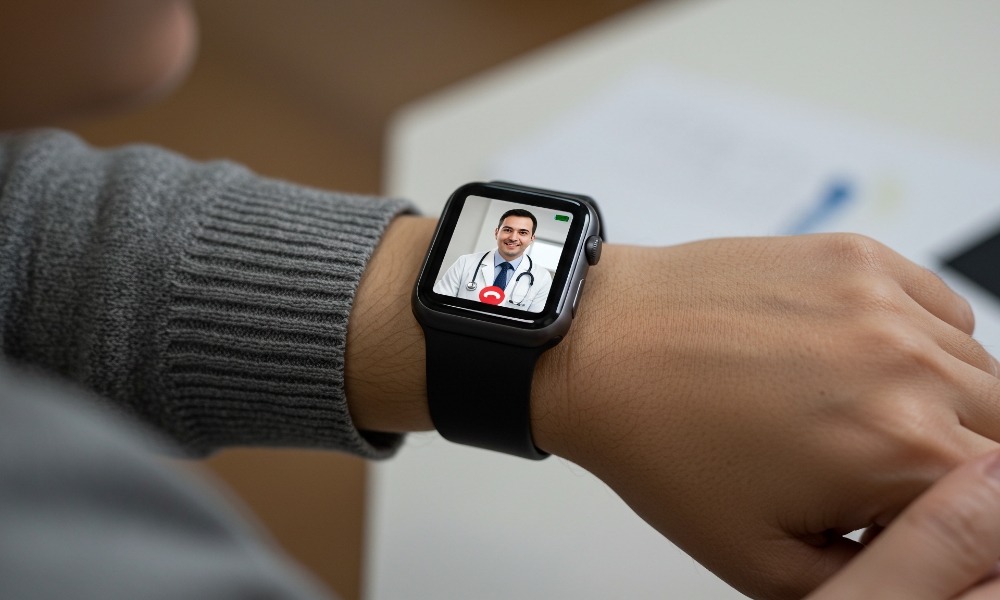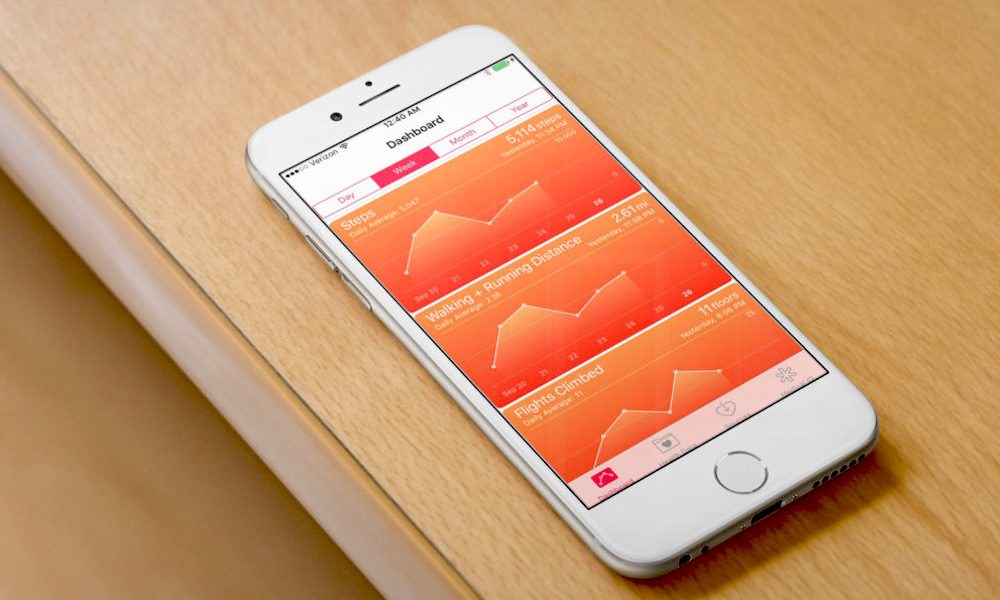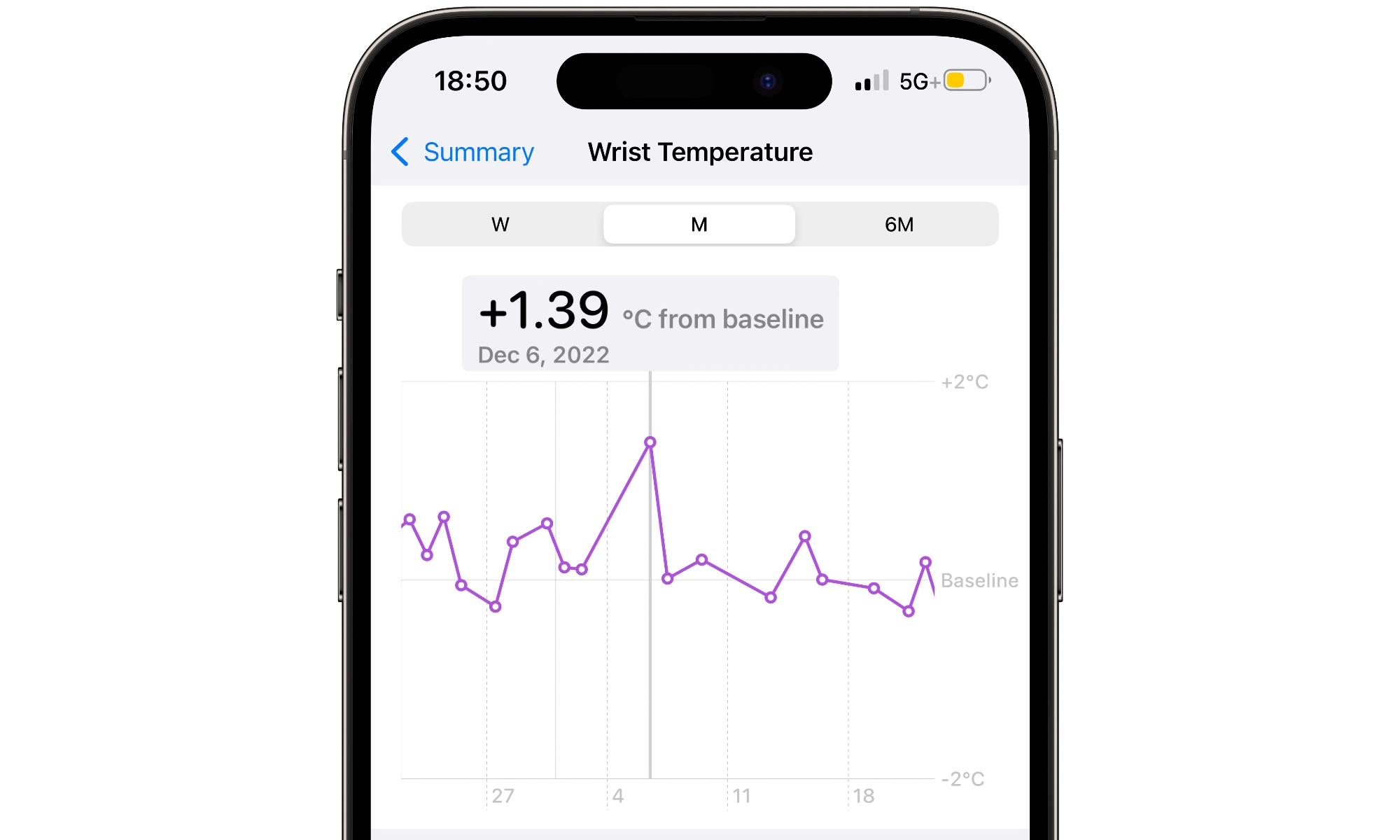Is Apple Building an AI Doctor? A New Study Says Maybe

Toggle Dark Mode
Reports of Apple’s work on a new AI-powered health service have been heating up over the past several months. While nobody expects the project to be ready until next year at the earliest, a new Apple-supported health study is providing some insights into ways that AI models can analyze data from the Apple Watch and help identify potential health issues.
Analysts have speculated for years on an ”Apple Health+” type of subscription service as one more prong in its ever-growing services business. However, it wasn’t until more recently that we began hearing some solid ideas on what form such a service might take.
Two years ago, Bloomberg’s Mark Gurman first dropped the hint that Apple was working on an AI-driven “health coaching service.” This came around the same time that Apple was preparing to release new wellness features in iOS 17, including its Journal app and a new set of tools for tracking moods and emotions.
Still, those were just the tip of the iceberg, and Gurman noted that Apple had much bigger plans in the form of something codenamed “Quartz,” which would be a dedicated coaching app and a new subscription service. However, such tools take time, and the rumor mill became quiet until earlier this year, when Gurman doubled down on his earlier predictions that Apple has “a revamped health app” in the works to power the “AI-based coaching service.”
According to Gurman’s sources, the goal was to create a solution that focuses on preventative health care rather than “post-sick health care.” The AI models would analyze data collected from an Apple Watch to create coaching programs tailored to each user’s specific needs. This would likely include things like recommended diets and suggested exercise regimens.
In March, Gurman revealed that Apple had pivoted “Quartz” into even more of an AI project after it took “many twists and turns” from its original vision of being a more basic coaching service. Apple effectively refocused “Quartz” into a new “Project Mulberry” that aimed to go much deeper, to the point of creating an AI agent that could replicate a real doctor to some extent.
‘Beyond Sensor Data’
A new research paper reveals a portion of how this technology may work with the Apple Watch in a future Health app. While the study doesn’t provide any indication of Apple’s specific plans, it does show how the company is sponsoring research in these particular areas.
The paper, titled “Beyond Sensor Data: Foundation Models of Behavioral Data from Wearables Improve Health Predictions,” gives us a revealing glimpse into the kind of foundational research that could directly underpin Apple’s rumored plans for more powerful AI-driven health services.
For the study, researchers built a large-scale AI model they called the “wearable health behavior foundation model,” or WBM. They trained it using 2.5 billion hours of real-world behavioral Apple Watch data from 162,000 Apple Watch users, working out to 15 billion hourly measurements. The data was taken from the Apple Heart and Movement Study and covered areas such as step counts, sleep habits, heart rate variability, gait, walking speed, and more.
Researchers set out to examine how aggregated hourly data can help create a profile of how a person’s overall behavior and daily patterns can impact their health in a much more practical way than traditional models that focus on raw, real-time sensor streams.

If you wear an Apple Watch regularly, your iPhone’s Health app is already collecting tons of sensor data on things like movement, heart rate, calories burned, respiratory rates, blood oxygen, and more. However, for the most part, this data just sits there. It might be interesting to your family doctor, but most of us don’t have the expertise to know what it all means.
That’s where Apple’s new “AI doctor” would come in. By using machine learning to analyze this data, it can not only make recommendations to help you live a healthier lifestyle but, as this study shows, can also make nuanced inferences about medication use and sleep quality, as well as detect early signs of infection or pregnancy. The study found that its WBM model outperformed raw-sensor models in areas driven by behavioral signals, such as sleep, injury, and illness. It also helps to focus on patterns that end users can understand rather than more abstract signals.
The study further demonstrates that this data can be processed effectively by AI models without the burden of real-time health monitoring. In short, the algorithms don’t need to read your heart rate at every moment of the day when they can infer everything they need to know from a series of regular snapshots.
This also ensures that these models can run directly on the iPhone or Apple Watch, which fits right into Apple’s privacy-first approach. These models shouldn’t need to rely on cloud-based services, as everything they need is already securely stored in your Health app, and the A-series chips in the latest iPhone models are certainly more than capable of running the necessary AI models entirely on-device. This may even be within the reach of the S9 and later chips in the Apple Watch.








